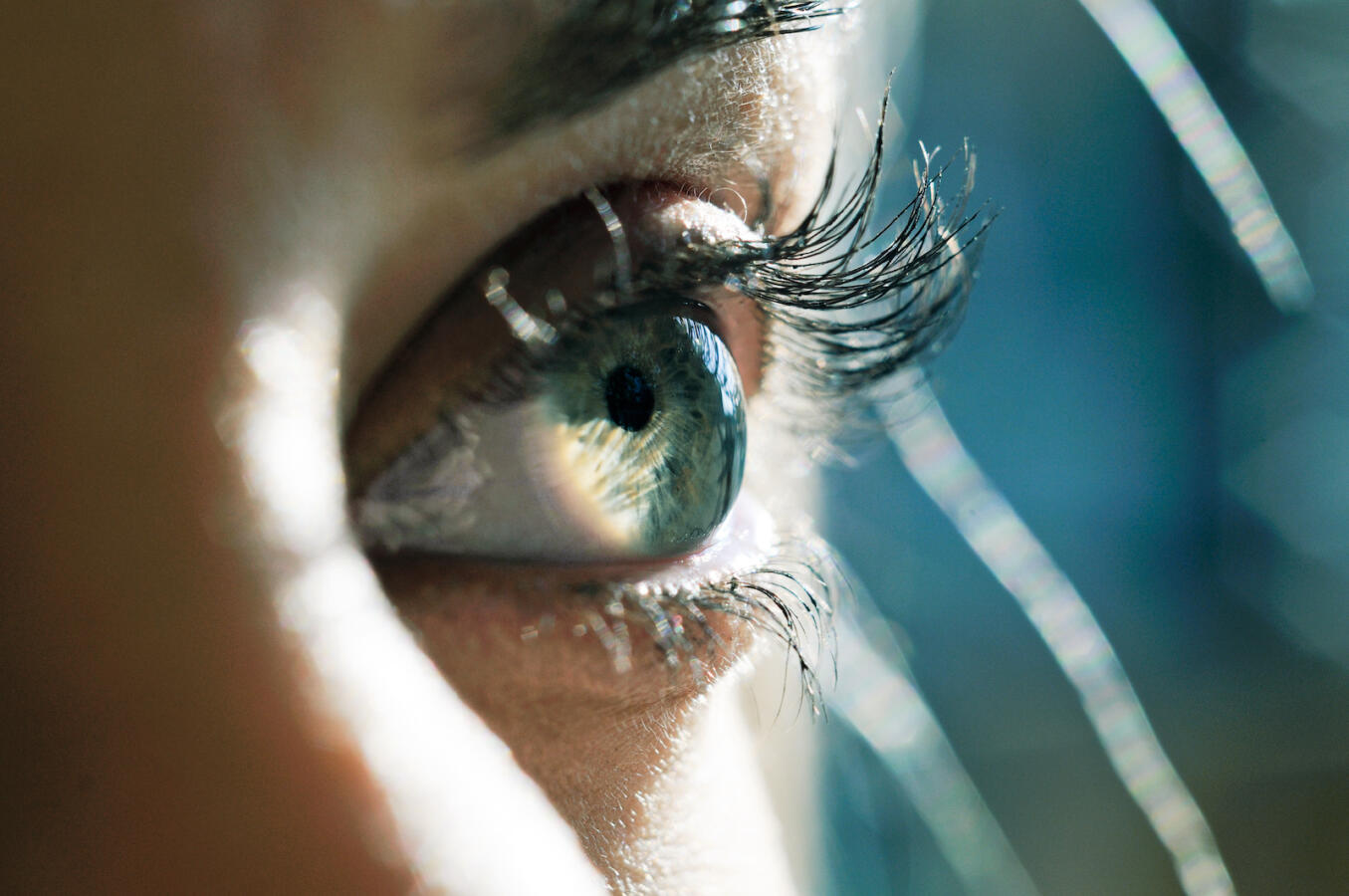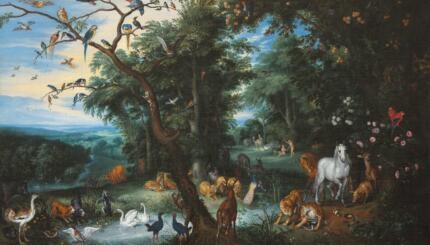The ability to see flaws is both innate and easy; the crack or stain presents itself to our eye. The ability to see virtue is less easy, but practicing a vision of merit in others can change us as well. When I read the following testament, my sense is not that the author, almost 1,000 years ago, is naïve. I read him as a noble soul.
A sage said: “I never met a man in whom I failed to recognize something superior to myself: if he was older, I said he has done more good than I; if younger, I said I have sinned more; if richer, I said he has been more charitable; if poorer, I said he has suffered more; if wiser, I honored his wisdom; and if not wiser, I judged his faults lighter.”
The Testament of Judah Asheri (13th century).
With your help, My Jewish Learning can provide endless opportunities for learning, connection and discovery.



